Adapting to Change: How Rising Mortgage Rates Reshape the Real Estate Scenario

In the third consecutive week of increases, the average long-term mortgage rate reached 6.90% for 30-year mortgages, up from 6.77%, according to a report by Freddie Mac.
This development is poised to influence the Greater Boston real estate market, adding complexities for those looking to enter the housing market or make strategic moves.
In this article, we explore the implications of these rising rates and provide insights to help homebuyers and sellers navigate these challenging times.
Understanding the Numbers
The average rate for 15-year fixed-rate mortgages, often preferred by homeowners refinancing their loans, also experienced an increase, rising to 6.29% from 6.12% last week. A year ago, these rates stood at 5.76%, showcasing a notable shift in the borrowing landscape. As Sam Khater, Freddie Mac’s chief economist, notes, these adjustments are reflective of the recent movements in the 10-year Treasury yield, a key factor guiding loan pricing.
Impact on Homebuyers and Sellers
Rising mortgage rates translate to increased costs for borrowers, potentially limiting the purchasing power of those already navigating a real estate market that is, for many, financially out of reach. Additionally, homeowners who locked in lower rates in previous years may find themselves discouraged from selling. The current 30-year mortgage rate, standing at 6.90%, is significantly higher than the 3.89% recorded just two years ago.
Market Dynamics in Greater Boston
In the Greater Boston area, where the real estate market is known for its competitiveness, the impact of rising mortgage rates is particularly noteworthy. Affordability challenges, coupled with increased financial pressure on homebuyers, are set to shape the dynamics of the upcoming spring season. As housing affordability reaches historic lows, even minor shifts in rates become critical for homebuyers who are sensitive to these changes.
Looking Ahead
Despite the challenges posed by climbing mortgage rates, the real estate market is dynamic and constantly evolving. Historically, a vibrant economy combined with modestly higher rates did not significantly impact the housing market. However, as Khater points out, the current cycle deviates from historical norms due to extremely low housing affordability. This presents a scenario where positive economic news translates to increased financial pressure on homebuyers.
In this era of shifting mortgage rates, staying informed and adapting to market changes is crucial for both homebuyers and sellers in the Greater Boston area.
As the real estate landscape continues to evolve, monitoring these trends and seeking professional guidance becomes essential for making informed decisions in the ever-competitive housing market.
Categories
Recent Posts
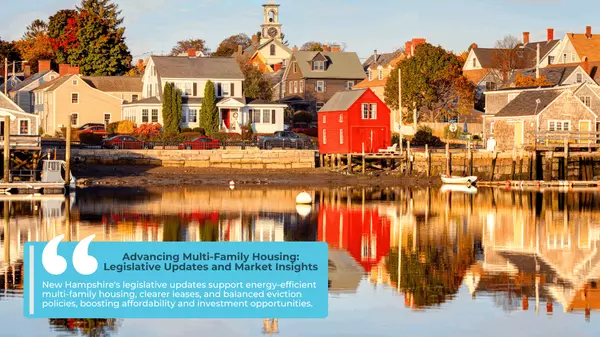
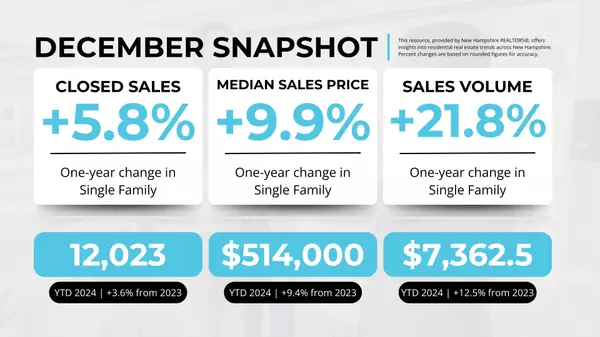
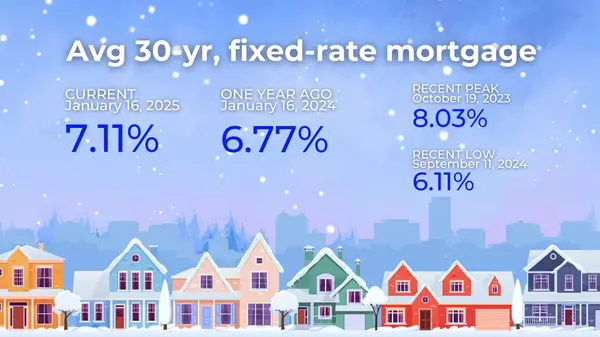
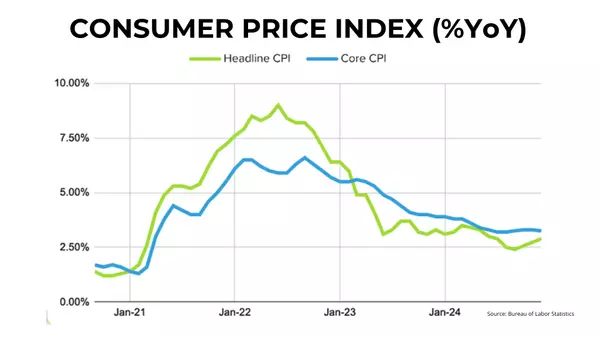
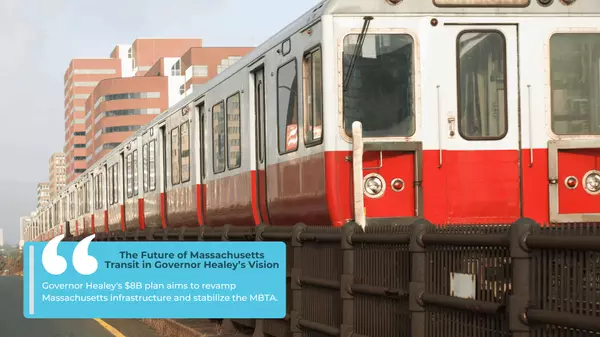
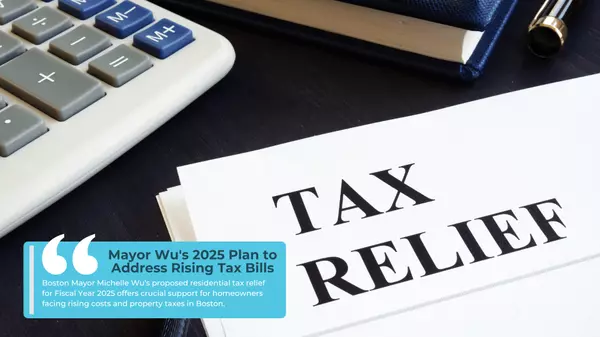
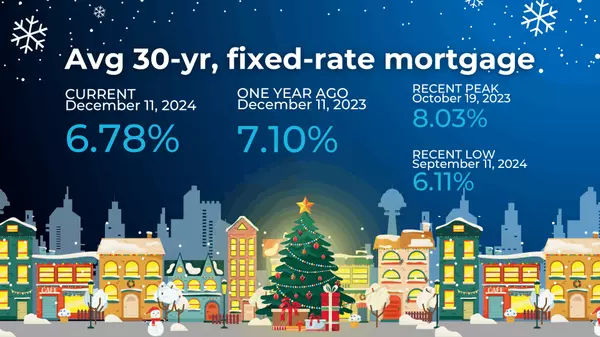
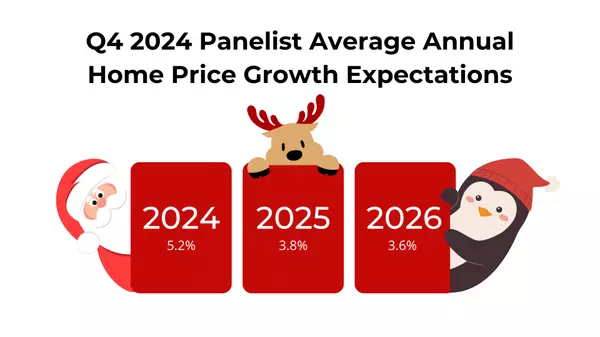
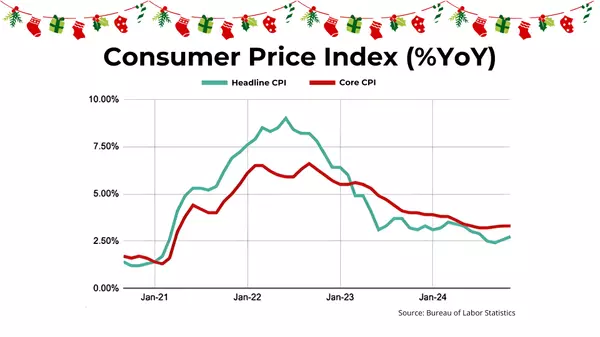
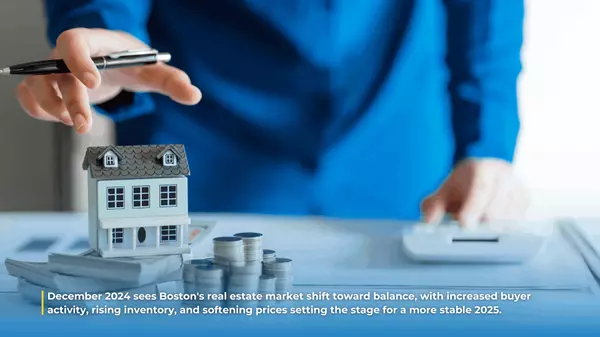
GET MORE INFORMATION

